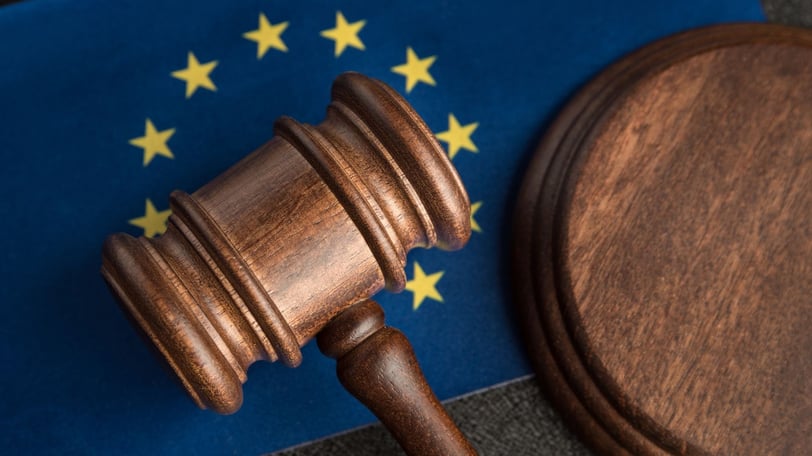The 1st Draft of the General-Purpose AI Code of Practice
AI GOVERNANCEMOST POPULAR


EU Unveils 1st Draft of the General-Purpose AI Code of Practice: What You Need to Know
The European Union has just released the 1st draft of the General-Purpose Artificial Intelligence Code of Practice, marking a significant milestone in the field of AI governance. This preliminary document represents a collective effort to ensure the safety, transparency, and regulatory compliance of large-scale AI models.
In this article, we’ll break down the key aspects of the draft and its importance for AI providers and the global tech community.
1. How the Code Was Developed
The European AI Office spearheaded the drafting process, supported by independent experts who chaired and co-chaired four working groups. The goal was to ensure an inclusive process aligned with global best practices.
The draft also integrates contributions from general-purpose AI model providers, reflecting a collaborative approach that considered existing international frameworks.
2. Feedback is Welcome
It’s important to note that this draft is not the final version. The European Union is inviting stakeholders to provide feedback, reinforcing its commitment to a participatory and adaptive development process.
The final version of the code aims to establish clear objectives, practical measures, and key performance indicators (KPIs) for widespread adoption.
3. What Are Codes of Practice?
According to Article 56(2) of the EU AI Act, codes of practice must cover critical obligations to ensure regulatory compliance. Key aspects include:
Continuous information updates: Ensuring that data and information used by AI models remain current with technological and market developments.
Training data transparency: Providing clarity on the data used to train AI models.
Identifying systemic risks: Mapping and monitoring risks at the EU level, including their origins and potential impacts.
Risk management and documentation: Proposing proportional measures to address risks, considering their severity and likelihood along the AI value chain.
4. Relevance in the Context of the AI Act
Codes of practice play a strategic role in implementing the EU AI Act. While harmonized standards are still under development, general-purpose AI providers can rely on these codes to demonstrate regulatory compliance.
This offers a viable alternative for companies looking to proactively meet legal requirements while ensuring safe and ethical operations.
5. Next Steps
The draft Code of Practice is now available for download and can be accessed via this link: https://ec.europa.eu/newsroom/dae/redirection/document/109946. Community feedback will be essential to refine the document and tailor it to real market needs.
Share This Knowledge
AI governance is a critical topic for the future of emerging technologies. Share this article with your network to help spread best practices across the industry.
